The Catholic Church
Birth of the Christian Church and Christianity in Ireland - CCEA
The festival of Pentecost represents the beginning of the Christian Church. Saint Patrick is credited with bringing Christianity to Ireland.
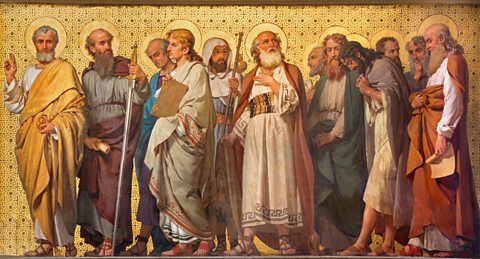
Church government - CCEA
The Catholic Church has a hierarchical structure, with the Pope at its head.
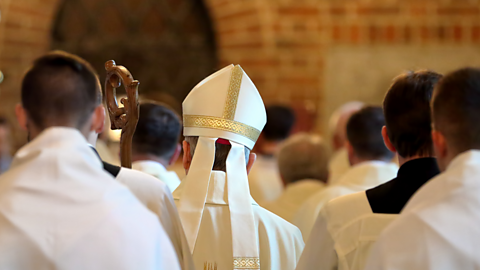
Worship in the Catholic Church - CCEA
Catholics are expected to attend Mass each week as a way of offering themselves to God. They can also worship at home through prayer.
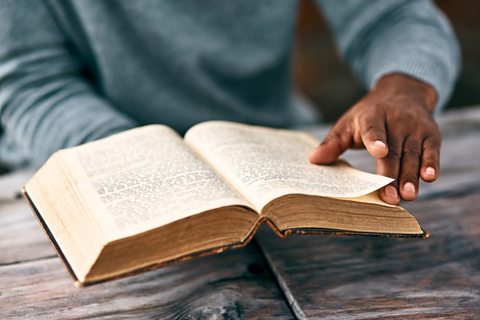
Festivals in the Catholic Church - CCEA
Festivals and saints' days provide inspiration and structure to worshipers throughout the year.
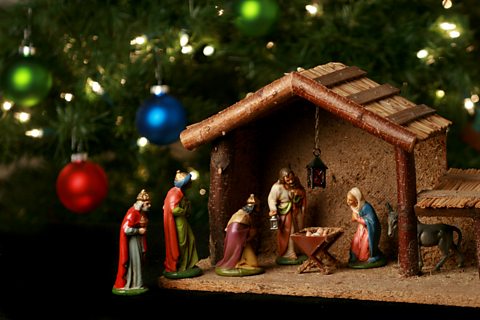
Sacraments in the Catholic Church - CCEA
A sacrament is an outward sign of an inward truth. It is an act of faith that Christians do on the outside to celebrate what God has done for them on the inside.
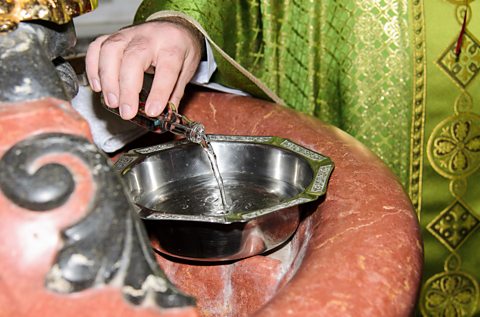
Role of the Church in contemporary society - CCEA
Christians believe it is their duty to help others. Individual churches can do a number of things to help unite local communities and to assist homeless and poor people.
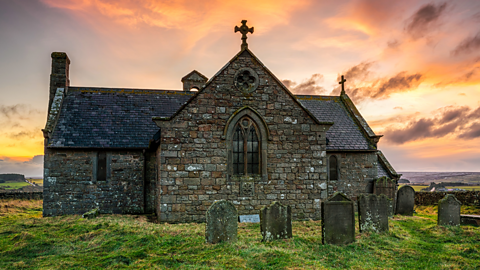
The Protestant Church
Birth of the Christian Church and development of Protestantism - CCEA
Saint Patrick is credited with bringing Christianity to Ireland. There was initially one single Church. Protestantism developed in the 16th century when people began to split from the Catholic Church.
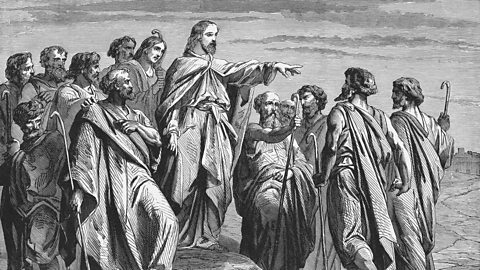
Church government - CCEA
Churches are governed in a variety of ways in terms of hierarchy and the role of women.
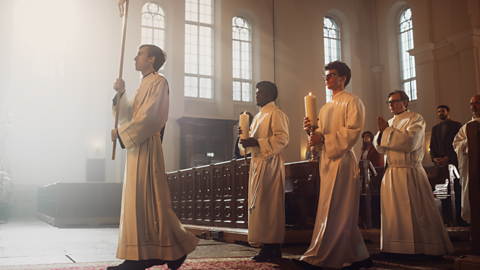
Worship in the Protestant Church - CCEA
Different Protestant denominations worship in different ways, but there are also some common features.
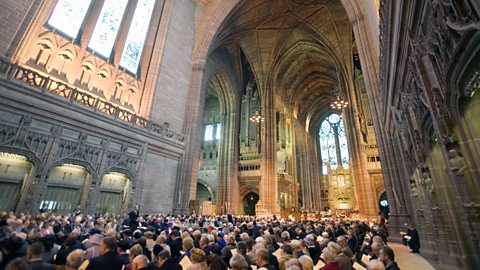
Protestant Church buildings and furniture - CCEA
The shape and decoration of Protestant churches varies between the denominations.
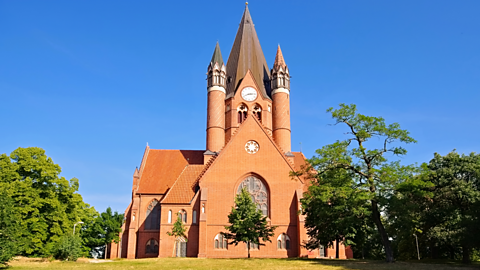
Festivals in the Protestant Church - CCEA
There are a number of important festivals throughout the year, each with a particular meaning.
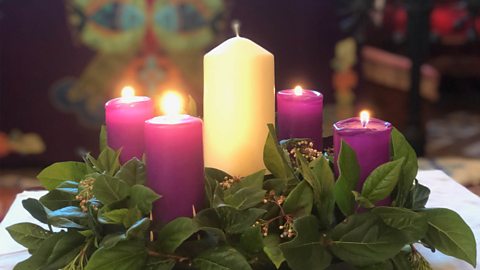
Sacraments and ordinances - CCEA
Rituals such as baptism and communion are important across all the denominations of the Protestant Church.
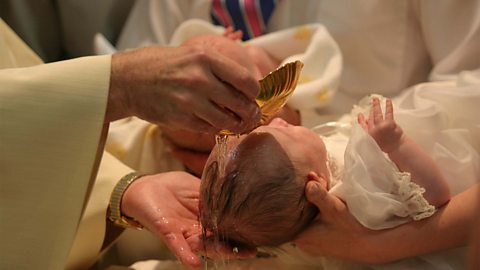
The role of Church in contemporary society - CCEA
Christians believe Jesus taught the importance of helping others who are less fortunate. Today the Church can help tackle issues of homelessness, poverty, loneliness and disunity.
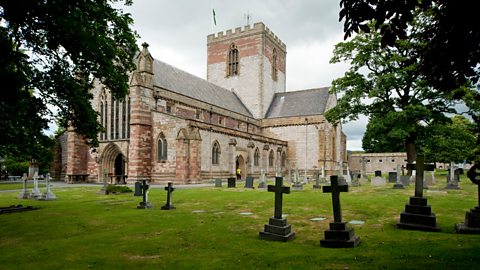
The revelation of God and the Christian Church
The identity of Jesus - CCEA
What does the Bible tell us about Jesus' identity through the story of his life?
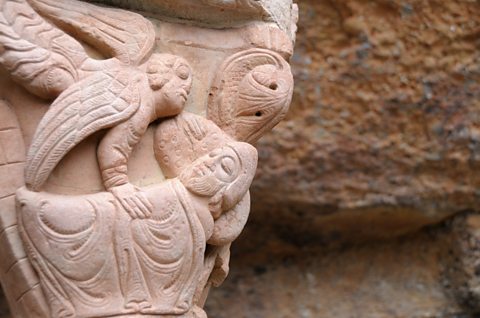
The teaching of Jesus - CCEA
Jesus taught his followers through sermons and parables.
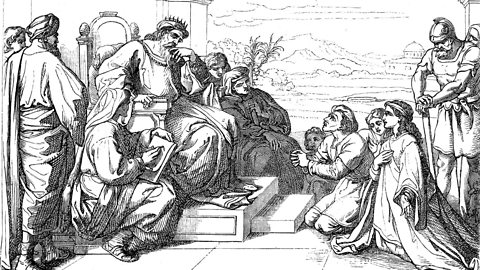
The encounters of Jesus with others - CCEA
Jesus' engaged with a wide variety of people, from religious leaders to society's outcasts.
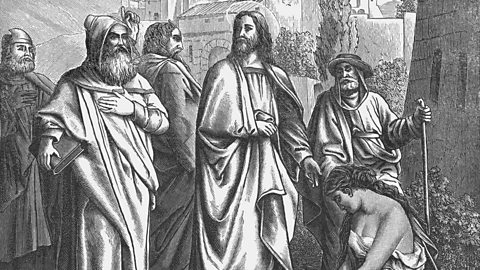
The death of Jesus - CCEA
Jesus' last days were recorded by eye-witnesses Matthew and Luke.
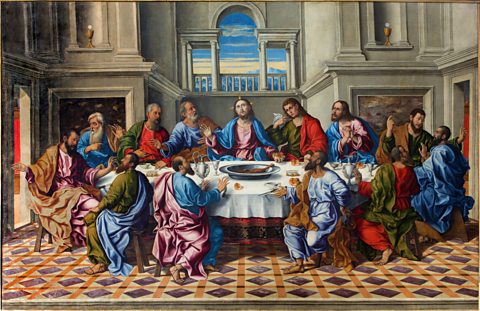
The resurrection of Jesus - CCEA
Very early on Sunday morning, after Jesus had been crucified, a group of women went his tomb. They found the stone rolled away from the tomb's entrance, but they did not find the body of Jesus.
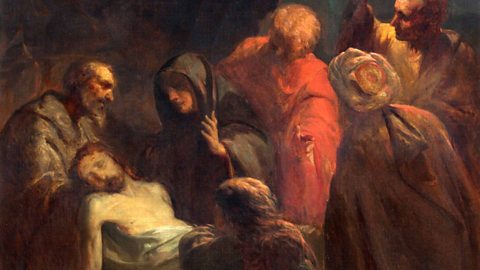
The Christian Church: Worship and buildings - CCEA
The shape of a church, the furniture inside and the order of service changes depending on the denomination.
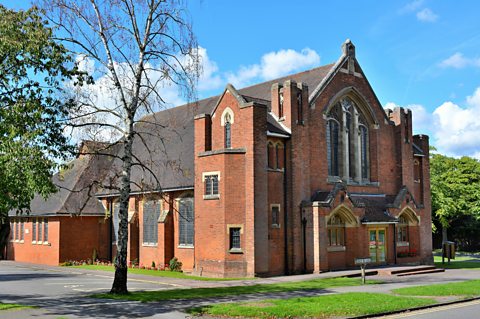
The Christian Church: Festivals - CCEA
Christian festivals help people to remember the story of Jesus' life. They are also times to give thanks to God for His blessings and to celebrate the saints.
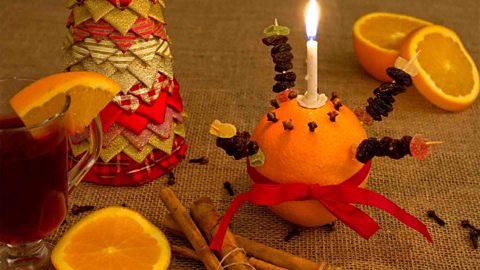
The Christian Church: Sacraments, ordinances and role - CCEA
There are certain practices which show a Christian鈥檚 loyalty to God. Christians must also think of their practical role in society.
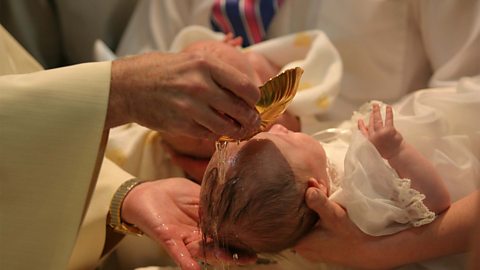
Christianity through a study of the Gospel of Matthew
The identity of Jesus - CCEA
Jesus was referred to as the Son of God, Son of Man and Messiah. How did he earn these titles and why?
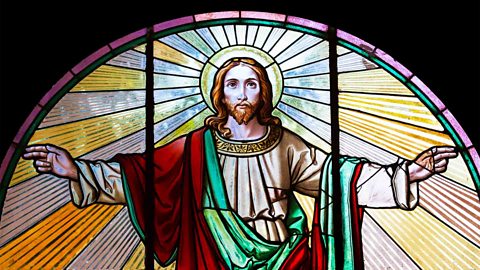
Jesus the miracle worker - CCEA
Matthew records many occasions when Jesus helped people on the fringes of society.
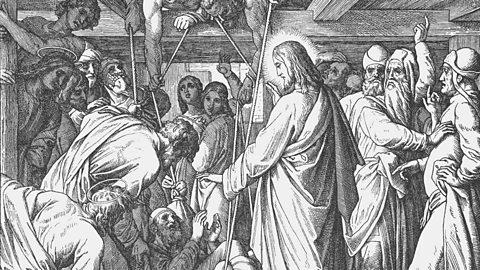
The Kingdom of God - CCEA
Matthew explains the Kingdom of God through a series of parables.
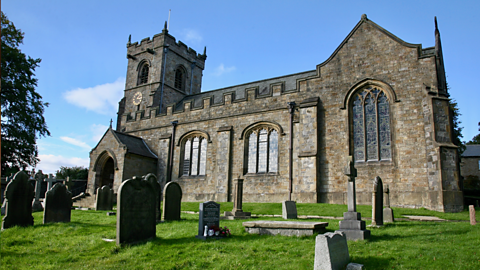
The death and resurrection of Jesus - CCEA
Matthew records Jesus' final days, from the plot against him through to his trial, crucifixion and resurrection.
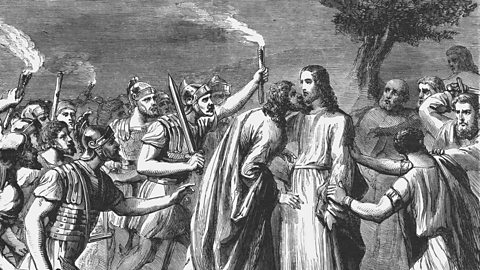
The role and nature of Christian discipleship - CCEA
Jesus' disciples sometimes failed him, but after his resurrection they spread the message that he was the Son of God.
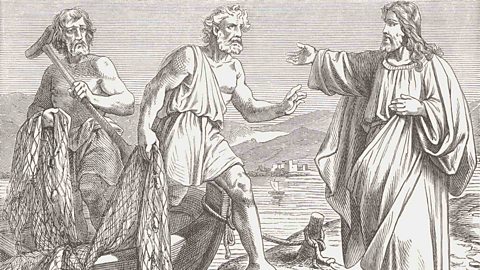
Christianity through a study of the Gospel of Mark
The identity of Jesus - CCEA
Mark was an eyewitness to key events in Jesus' life. From early on, he hails him as the Son of God.
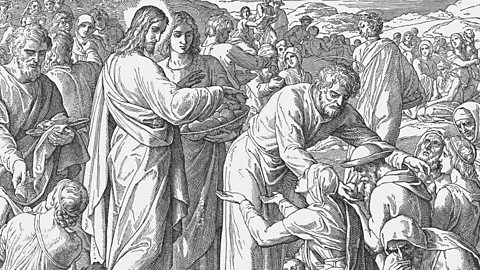
Jesus the miracle worker - CCEA
Mark records many occasions when Jesus helped people on the fringes of society.
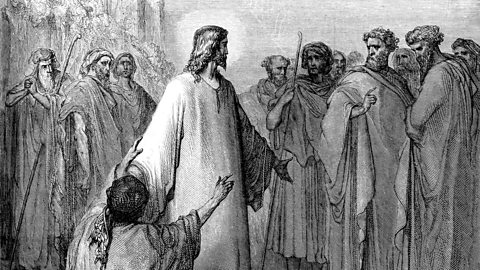
The teaching of Jesus - CCEA
Jesus tried to show people how to enter the Kingdom of God. His teachings were challenging in his own time, and to this day.
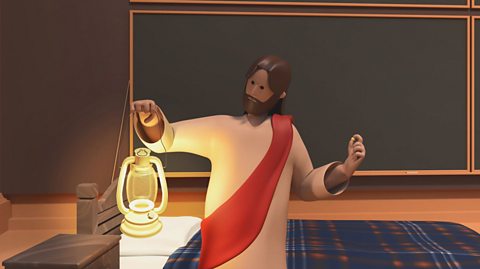
The death and resurrection of Jesus - CCEA
Mark is an eyewitness to the plot against Jesus, the Last Supper, his crucifixion and resurrection.
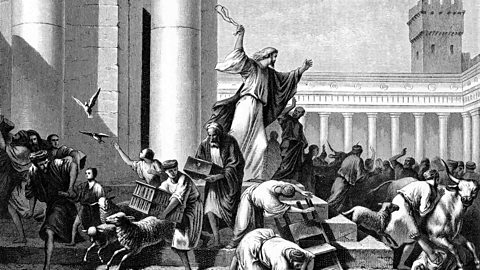
The role and nature of Christian discipleship - CCEA
Jesus chose his twelve disciples to preach, perform exorcisms and to be with him. They faced many pressures and challenges in their role.

An introduction to Christian ethics
Personal and family issues: Sexual relationships - CCEA
Human beings are a combination of different characteristics. Sexuality is one of these characteristics.

Personal and family issues: Marriage and divorce - CCEA
Most Christians believe marriage is an important part of life. Attitudes to remarriage after divorce vary within and between religious traditions.
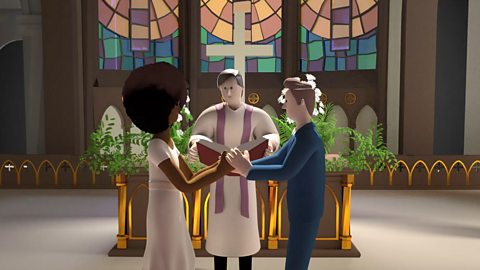
Personal and family issues: Different types of family - CCEA
Christians believe the Church should be a model of family life, but opinions differ on the ideal family model.

Matters of life and death: Crime, punishment and justice - CCEA
Christians believe that sin is a part of human nature, we all have the potential to commit a crime and criminals should be treated justly. However, there is disagreement on what justice means.
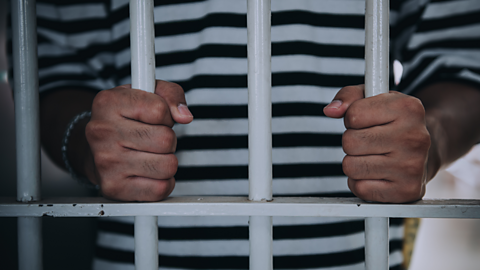
Matters of life and death: Abortion and euthanasia - CCEA
Abortion and euthanasia are contentious issues in society.

Developments in bioethics - CCEA
Modern fertility treatments are not mentioned in the Bible. How should Christians today respond to the issue of infertility?

Contemporary issues in Christianity - CCEA
Christians must deal with the modern issues of prejudice, discrimination, poverty and injustice.
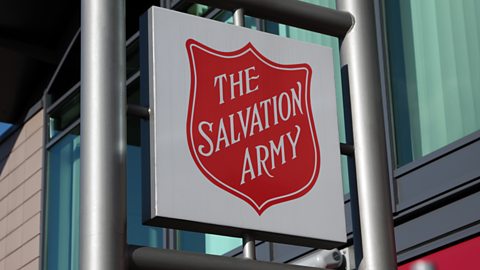
Modern warfare - CCEA
The Bible does not give Christians a clear answer about whether war is permitted or not.
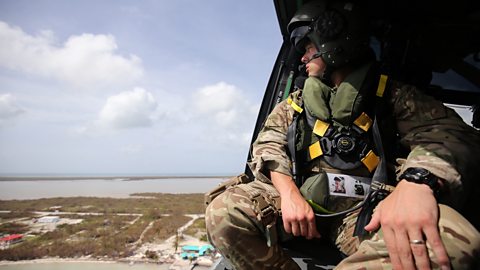
An introduction to the philosophy of religion
The existence of God
A theist believes there is a God, an atheist believes there is no God, an agnostic is unsure if there is a God or not.
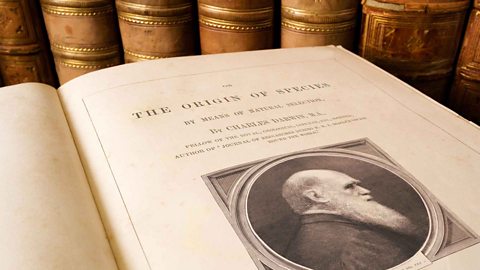
The nature of God - CCEA
Within Christianity, there are many different forms of belief.
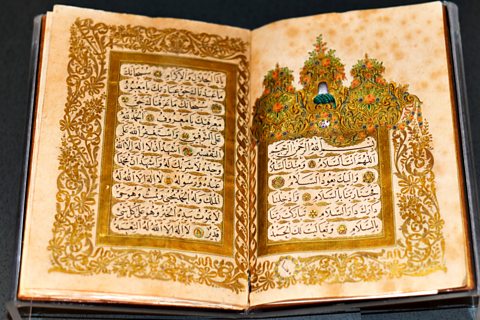
The problem of evil and suffering - CCEA
What does the presence of evil and suffering say about God鈥檚 love, power and purpose?
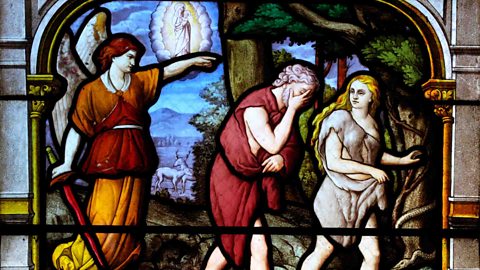
Experiencing God - CCEA
Different religions know God through texts, worship and special revelations.
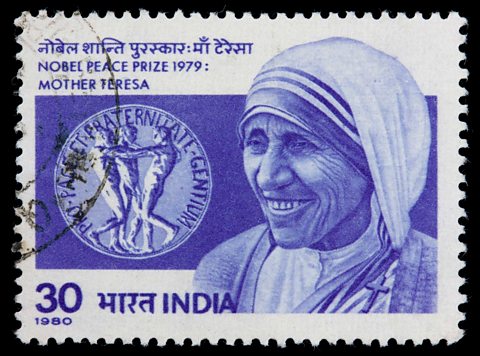
Life after death - CCEA
What happens after death? Hinduism, Christianity and Islam all have different beliefs.
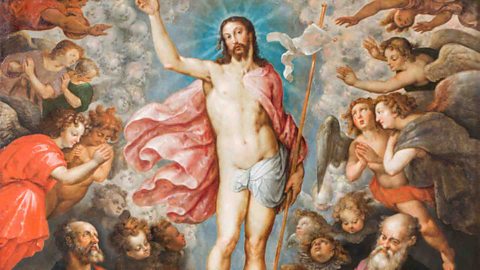
Islam
The formative history of Islam - CCEA
The Prophet Muhammad founded Islam in Makkah (Mecca), which is now in Saudi Arabia.

Sacred writings - CCEA
The Qur鈥檃n, Sunnah and Hadith are important sources of knowledge for Muslims.
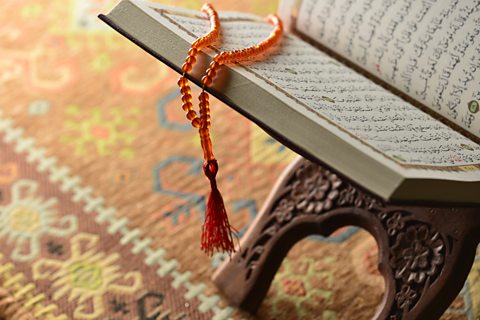
Beliefs and practices - CCEA
The Five Pillars of Islam are central to Muslims in showing their submission to the will of Allah.

Festivals, special days and rites of passage - CCEA
Throughout the year Muslims have many special occasions to show their appreciation of Allah and everything that has been given to them.

Contemporary issues - CCEA
Muslims are expected to live according to the teachings of the Qur鈥檃n in matters relating to food, alcohol, dress, money and the role of women.

Judaism
The formative history of Judaism - CCEA
Abraham, Moses, the Ten Commandments and the city of Jerusalem are key elements in the history of the Jewish faith.
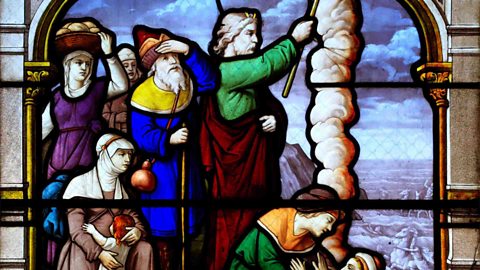
Sacred writings - CCEA
The sacred writings in Judaism include the Torah, Nevi鈥檌m, Ketuvim, Mishnah and Talmud.
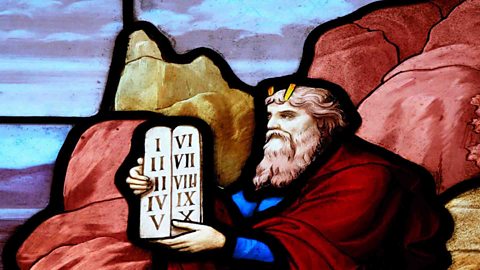
Beliefs and practices - CCEA
There are various types of Judaism, including Orthodox, Reform and Liberal.
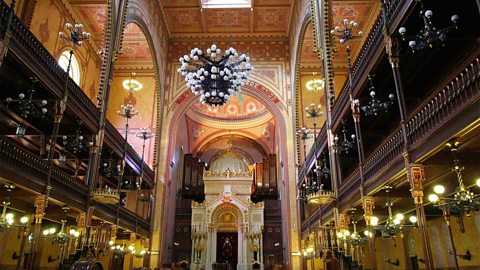
Festivals, special days and rites of passage - CCEA
Judaism has strong traditions to guide followers through the yearly cycle and to mark birth, marriage and death.

Contemporary issues - CCEA
Judaism is an ancient faith whose members have suffered prejudice and discrimination. How does it exist in and adapt to modern times?
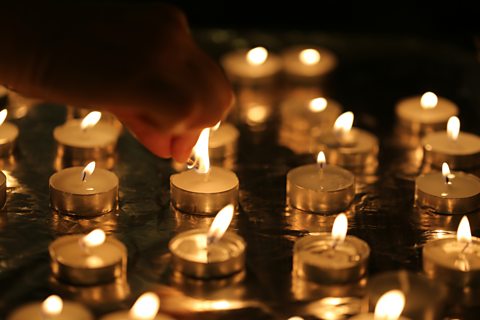
Links
- External linkExternal link
- External linkExternal link
- SubscriptionSubscription
- External linkExternal link
- External linkExternal link
- SubscriptionSubscription